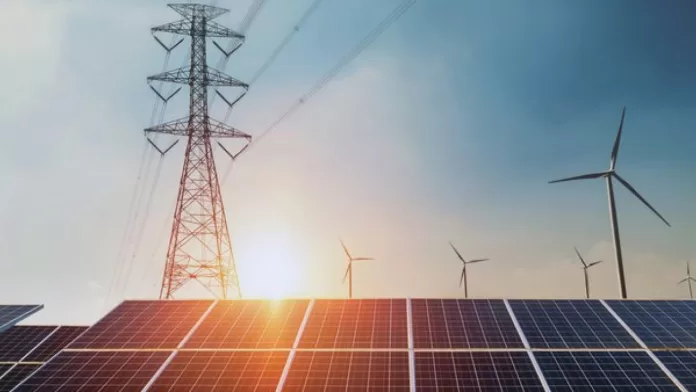This has made it hard for groups with a vested interest to keep importing oil and coal to make electricity in the country. Because of this, these exclusive groups have suggested that Wapda use solar power instead and sell it to them. These organisations with vested interests have ties to the elite, and some of them call themselves IPPs.
Still, the plan doesn’t work. This is how things turned out. At first, a plan was made to encourage people to use solar panels by lowering customs duties on panels from Turkey to zero and getting rid of sales tax. The goal of this project was to set up a distribution network so that people could buy solar panels and get rid of their Wapda metres and bills. But people have come to realise that if they get solar panels, they will soon be free of Wapda.
After that, a plan was made for a 10,000-megawatt solar plant, which was then split into five 2,000-megawatt plants. The plan was for Wapda to give solar electricity to everyone. At first, the bills would be lower, but over time, they would rise to match the current rental power because of circular debt. But this plan made it impossible for most people to buy and install solar panels.
This plan should be turned down because it only helps private groups that have a say in public policy. Instead of making electricity for the people and selling it through Wapda, these groups should sell solar panels directly to them.
In the recent past, all of the ruling elites used furnace oil to build power plants that they then sold to the government at very high prices. In some cases, power plants were run by coal that was brought in from other countries. This made the cost of imports go up and added to the problem of circular debt.
Another problem is that agreements with the government were made based on capacity, not on how much was used. For example, if we need 23,000MW of power in the summer, companies would say they were making 40,000MW, which would cause the price to go up. In the winter, the same amount of electricity would only be used 13,000 times, but the price would stay at 40,000MW.
Instead of making power and selling it to Wapda, these groups of interest should think about setting up factories to make solar panels and sell them to the public at prices they can afford. This would start a revolution in a few years instead of just helping them make more money by making power from the sun and selling it to the government. We should not use this model and instead focus on growing plants that are native to the area if we want the solar system to work.
Pakistan has a lot of solar energy because it gets sunlight 360 out of 365 days of the year. Instead of making solar energy and selling it through Wapda at the expense of the government, the solution is for local plants to sell panels and help people get free electricity.
In the Lasbela District of Balochistan, a private company that provides electricity to Karachi has just opened a solar panel plant. It will make panels in its own country for the local market. This is the best way to stop people from buying solar panels from outside the country.
If Pakistan switches to renewable energy sources like solar energy, it could one day stop paying $10 billion a year to import energy.
Sweden and Greece are two examples of countries that use a lot of energy from sources that don’t come from fossil fuels. Sweden gets 62.6% of its energy from renewable sources, while Greece has done the amazing thing of getting 100% of its energy from renewable sources. These countries have made a lot of progress in reducing their carbon footprints and promoting energy practises that are good for the environment.
By putting money into wind, solar, water, and geothermal power, they have not only cut down on their use of fossil fuels, but they have also created new jobs and helped the economy grow. Pakistan could learn from their success as it moves towards a cleaner, more sustainable future.
In short, we must change our focus to building solar plants in our own countries and selling cheap solar panels to the public. It’s not a good idea to rely on private interest groups to make and sell solar power through Wapda. With the rise of new technologies and other energy sources like solar, it’s clear that Wapda’s monopoly on the energy market will end anyway.
In the middle term, however, we need to stop making electricity with furnace oil and instead focus on hydel, Thar coal, nuclear, and solar energy that was made in Pakistan. This will make sure that Pakistan has enough energy.
To reach this goal, we must take immediate steps to export coal from Thar and change the plants that use foreign coal into ones that use coal made in India. This will not only help Pakistan find a more long-term and cost-effective way to meet its energy needs, but it will also help the country’s economy grow.
Putting your money into renewable energy sources like solar power is good for the environment and your wallet in the long run. By encouraging the use of solar energy made in Pakistan, we can use less fossil fuels and make Pakistan’s future more stable.





